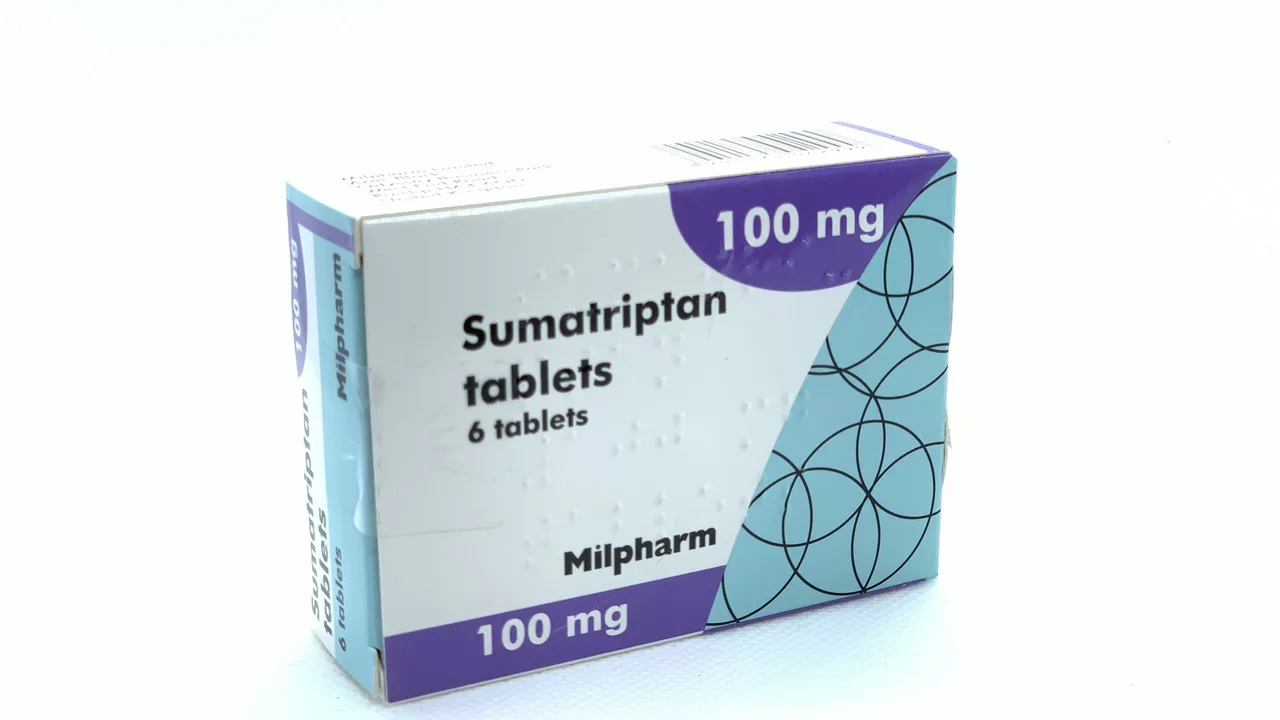Storage Tips: How to Store Medications, Supplements and Oils Safely
Storing meds the right way keeps them working and protects everyone in your home. A few small habits — checking labels, avoiding heat and moisture, and locking up certain drugs — will cut risks and save you money. Here are clear, practical tips you can start using now.
Simple home rules
Always keep medicines in their original container. The label gives the dose, expiration date, and special instructions. If you transfer pills to a pillbox, keep the original bottle at home so you still have that info.
Follow temperature instructions. Most pills do fine at room temperature (about 15–25°C / 59–77°F). Some drugs need refrigeration — insulin, certain eye drops, some liquid antibiotics. Never freeze medicines unless the label says it’s okay; freezing often ruins them.
Avoid bathrooms and kitchen counters. Steam and heat from showers and cooking increase humidity and temperature swings, which break down medicine faster. Choose a cool, dry spot out of direct sunlight — a bedroom closet shelf or a dedicated cabinet works well.
Protect from light and moisture. Keep light-sensitive drugs (many creams, oils and some antibiotics) in dark bottles or a closed box. Use desiccant packs for supplements if the bottle includes one, and close lids tightly after each use.
Store essential oils in dark glass bottles and keep them cool. Heat and sunlight change their scent and therapeutic compounds. Keep oils away from children and pets; some oils are toxic if swallowed.
Safety, travel and disposal
Lock up controlled or habit-forming meds. If you have opioids, stimulants, or other controlled drugs, use a small lockbox or a locked drawer. Keep track of quantities and refill dates so missing pills are noticed quickly.
Traveling? Keep medicines in carry-on luggage. For refrigerated drugs, use an insulated travel case and cold packs. Bring a copy of prescriptions and store liquids in original bottles to avoid airport hassles.
Watch expiration dates and appearance. If a pill smells odd, is discolored, or a liquid looks cloudy, don’t take it. Mark the date you opened liquids and eye drops — many are good for only 14–28 days once opened. When in doubt, ask a pharmacist.
Dispose of meds safely. Don’t flush drugs unless instructions say so. Use local take-back programs or follow FDA disposal guidance. For home disposal, mix medicines with undesirable material (coffee grounds), seal in a bag, and throw in the trash if no take-back is available.
Need help? Ask your pharmacist about storage for a specific drug — they can tell you if it needs special handling, refrigeration, or earlier replacement. A few small changes make your medicines safer and more effective every day.
 26 June 2023
26 June 2023
How to Store Sumatriptan: Tips for Keeping Your Medication Safe and Effective
Storing Sumatriptan properly is crucial for maintaining its effectiveness in treating migraines. To ensure its safety, always keep it in its original packaging and store it at room temperature, away from heat and moisture. It's also important to keep Sumatriptan out of reach of children and pets. Remember to check the expiration date regularly and dispose of any expired medication properly. By following these simple tips, we can make sure our Sumatriptan remains safe and effective when we need it most.
Latest Posts
-

Zoloft: The Real-World Guide to Benefits, Side Effects, and Success
-

Bloating after a meal: the importance of a balanced gut microbiome
-

Stereospermum Plant Guide: Uses, Health Benefits, and Growing Tips
-

Depression Management: Medications, Therapy, and Lifestyle Changes That Work
-

Actinic Keratosis: Understanding Your Skin Type's Role

19